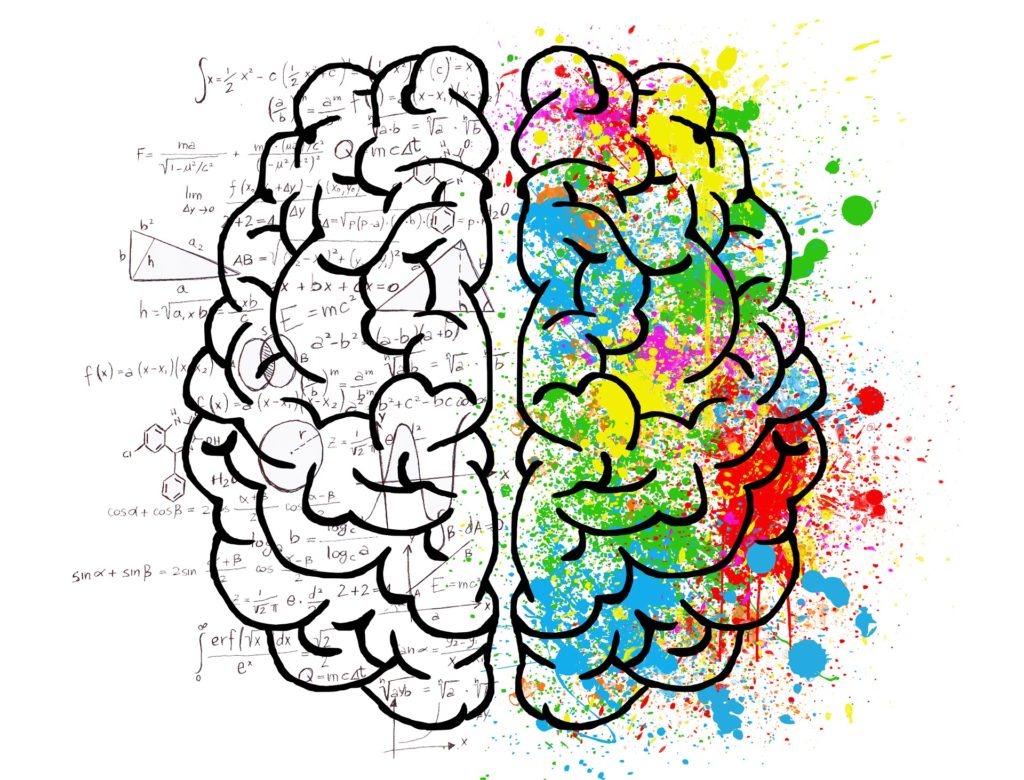
Image viaPixabay
It’s probably fair to say, that most people are a bit wary of getting older. After all, why else would there be such a thriving industry for assorted beauty products that promise to keep us looking as young as possible, for as long as possible? And why would modern popular culture place such an emphasis on youth, whether via film, music, or advertising?
While getting more wrinkly with time may not be to everyone’s tastes, falling victim to age-related cognitive decline is a nightmare scenario that anyone would go to great lengths to avoid.
Unfortunately, it’s not always clear what causes cognitive decline, and there are many different proposed mechanisms and patterns that can increase your risk of suffering from dementia and related conditions as you age. To give a weird example – some research suggests that there may be a certain connection between age-related hearing loss, and age-related dementia.
All the same, there are certain lifestyle practices that are widely agreed to be able to do some good in helping to mitigate your risks of developing cognitive decline as you age.
Here are a few lifestyle tips that may protect you from this unwelcome condition.
Fast occasionally
Throughout human history, in all kinds of different places, and at all kinds of different times, people have practiced regular fasting either intentionally or unintentionally.
“Unintentionally,” because food has never been as abundant as it is today, and many people had to contend with extended periods of hunger throughout the ages. “Intentionally,” because a huge number of groups throughout history have seen religious or ritual value in abstaining from food deliberately for a period of time.
Modern research has shown that fasting can actually have some pretty profound health benefits, and may protect cognitive function as well.
When we fast – that is, willingly go without eating – for an extended period of time (in the region of 24 hours, for example) a process known as “autophagy” is triggered throughout the body. Autophagy, simply put, is a process where the body breaks down and “eats” damaged or redundant tissue, which is then replaced by new, healthy tissue after the fast.
Autophagy is thought to be deeply connected to good overall health, and it’s been argued that it can help to reduce the risk of certain cancers (and maybe fight certain cancers as well), improve overall immune function, and more. At least one research paper has noted that fasting induces “profound neuronal autophagy” in the brain – something that researchers are working around the clock to create a drug to accomplish.
So, fasting occasionally – maybe for one or two days a week – might be an effective way of working to protect your cognitive health. Just don’t overdo it; your body does need food, after all.
Get an intense exercise session in once a week
A lot of people, when they exercise, will go for the traditional “aerobic” workouts that we tend to think of as “cardio” exercise. In other words, jogging, cycling on a stationary exercise bike, and all that sort of thing.
According to the doctor Doug McGuff, however, in his book “Body by Science,” this type of exercise is deeply inefficient, fails to achieve many of the most important benefits of exercise, and can lead to repetitive strain injury.
According to McGuff, doing an ultra-slow, ultra-intense, short once-per-week weight training routine is the real ticket to fitness and good health. Among other things, this is because training in this manner apparently trains and stimulates all the different elements of the metabolism, which makes the body more efficient, and reduces the risk of a buildup of undesirable byproducts that can harm cognitive health as well as organ health.
If the good doctor is right, doing a once-per-week ultra-intense session, along with his guidelines, may keep your body’s machinery working properly, and help to protect your cognitive health as you age.
Stay mentally engaged, and commit to constantly learning and developing new skills
Norman Doidge, neuroscientist, and author of the book “The Brain that Changes Itself,” argues that the brain essentially responds to demand, and keeps generating new tissue and rejuvenating itself, if you have a mentally active enough lifestyle.
To a large extent, this means continually engaging in learning and developing new skills as you get older, rather than simply sticking with whatever routines or hobbies you might have learned years ago.
A good approach here could be to get involved in new hobbies, stick with each one for a year or two, and then change your main focus to something else. Just stay busy, and stay curious. Your mind may do much better because of it.




Follow!